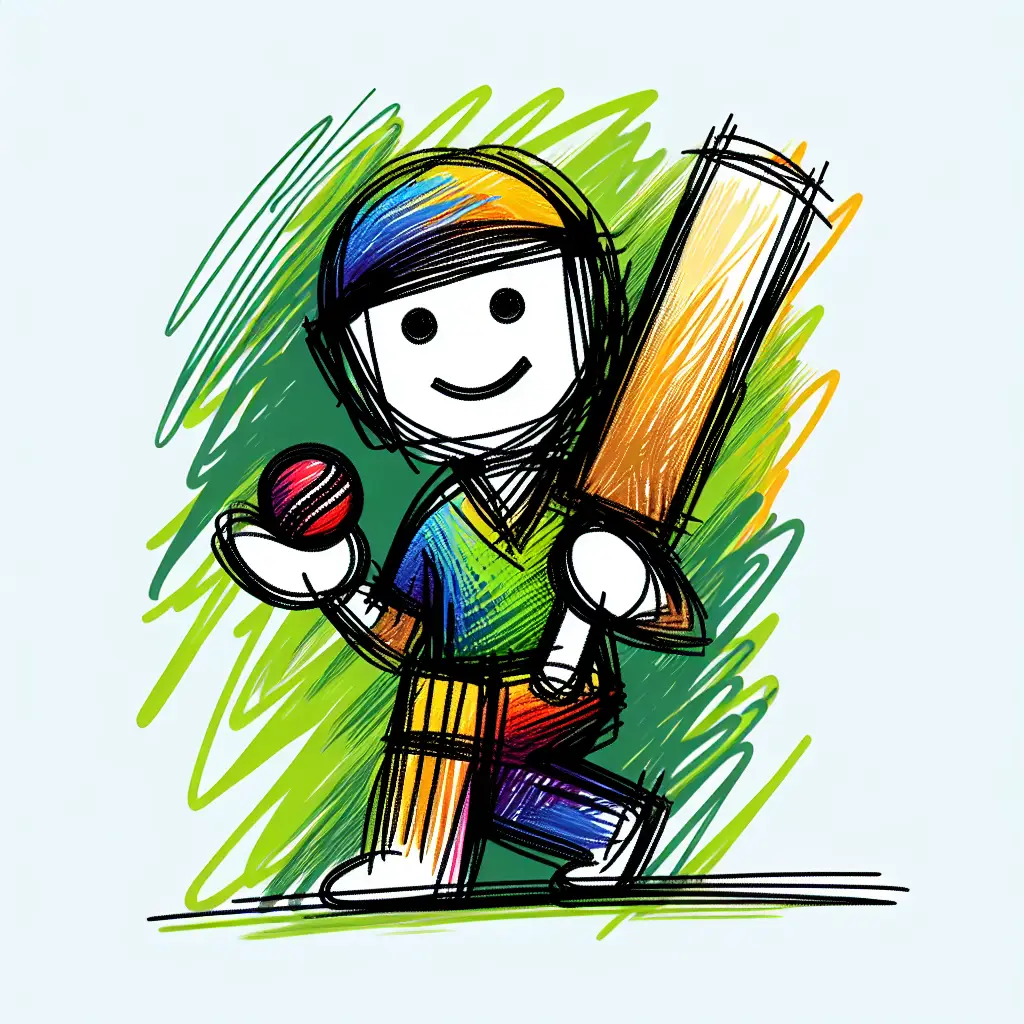Australia cap Hughes called up by Wales

Explain Like I'm 5
Imagine you're on the playground and you're really good at playing tag. One day, a team from another playground says, "Hey, come play tag with us for a little while!" That's kind of what happened to Laura Hughes. She's really good at soccer and used to play for Australia's soccer team. Now, Wales, which is another country, has asked her to join their team for a special soccer camp in Spain. It's like being invited to a fun playdate because you're super good at games!
Explain Like I'm 10
Laura Hughes is a soccer player who used to play for the Australian national team. That means she was one of the best players in Australia and got to represent her country in big games. But now, something interesting has happened! The Wales national team has invited her to join them for a training camp in Spain. This is kind of a big deal because it's not very common for players to get called to play for a different country than the one they originally played for.
Wales probably noticed how skilled she is and thought she could help their team too. This camp in Spain is a chance for her to show her skills and help the Wales team. It's a bit like when you get picked for a school project in a different class because the teacher knows you're good at that subject!
Explain Like I'm 15
Laura Hughes, who once played for the Australian national soccer team, has been invited to join the Wales team for an international training camp in Spain. This move is noteworthy because it's fairly rare in international sports for an athlete to be involved with national teams from two different countries, especially in close succession. This can happen due to dual citizenship, changes in eligibility rules, or simply because the player has ties to more than one country.
The inclusion of Hughes in the Wales camp suggests that Wales is looking to bolster its squad with experienced players who can bring diverse skills and perspectives. This strategic move could be part of broader efforts to enhance their team's performance on the international stage. For Hughes, this represents a unique opportunity to expand her international career and experience different styles and levels of play.
The broader implications here touch on issues of nationality in sports, the mobility of athletes between teams and countries, and how globalized sports have become. Players like Hughes, who have the ability to represent more than one country, highlight the interconnected nature of modern sports. It also raises questions about loyalty, identity, and international regulations in sports. What happens next could influence policies or norms regarding international transfers and player eligibility in soccer and other sports.
Want to read the original story?
View Original Source